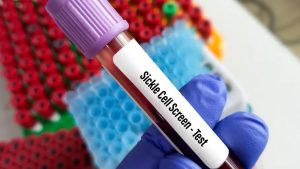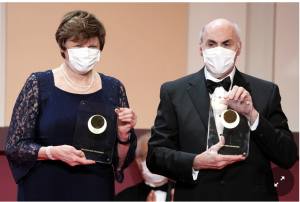Scientists in Indonesia found a new way to cut the spread of the disease dengue. A trial was conducted in Yogyakarta city, on mosquitoes infected with Wolbachia bacteria, and it was observed that it reduced the spread of the disease by 77%. The World Mosquito Programme team said that it could be a solution to stop the spread of the virus, reported BBC.
Also read | Arctic micro-animal survives 24,000 years in Siberian permafrost
The trial used around five million million eggs of mosquitoes. The eggs were put in buckets of water every two weeks, and it built a population infected mosquitoes. The process took about nine months. The reason behind using mosquitoes infected with Wolbachia was because the bacteria camps out in the same organs that are used by the dengue virus to get into.
Wolbachia makes it hard for the dengue virus to replicate, which makes the mosquitoes less likely to spread the virus when they bite other animals again. Yogyakarta was divided into 24 zones, and these mosquitoes were released in 12 of the zones. The results, according to the New England Journal of Medicine, showed a 77% reduction in cases of dengue, and an 86% reduction in people requiring serious medical attention.
Also read | How infants respond to fear is gut bacteria’s business, says a study
“It’s very exciting, it’s better than we could have hoped for to be honest”, told Dr Anders to BBC. “This result is groundbreaking…We think it can have an even greater impact when it is deployed at scale in large cities around the world, where dengue is a huge public health problem”.






